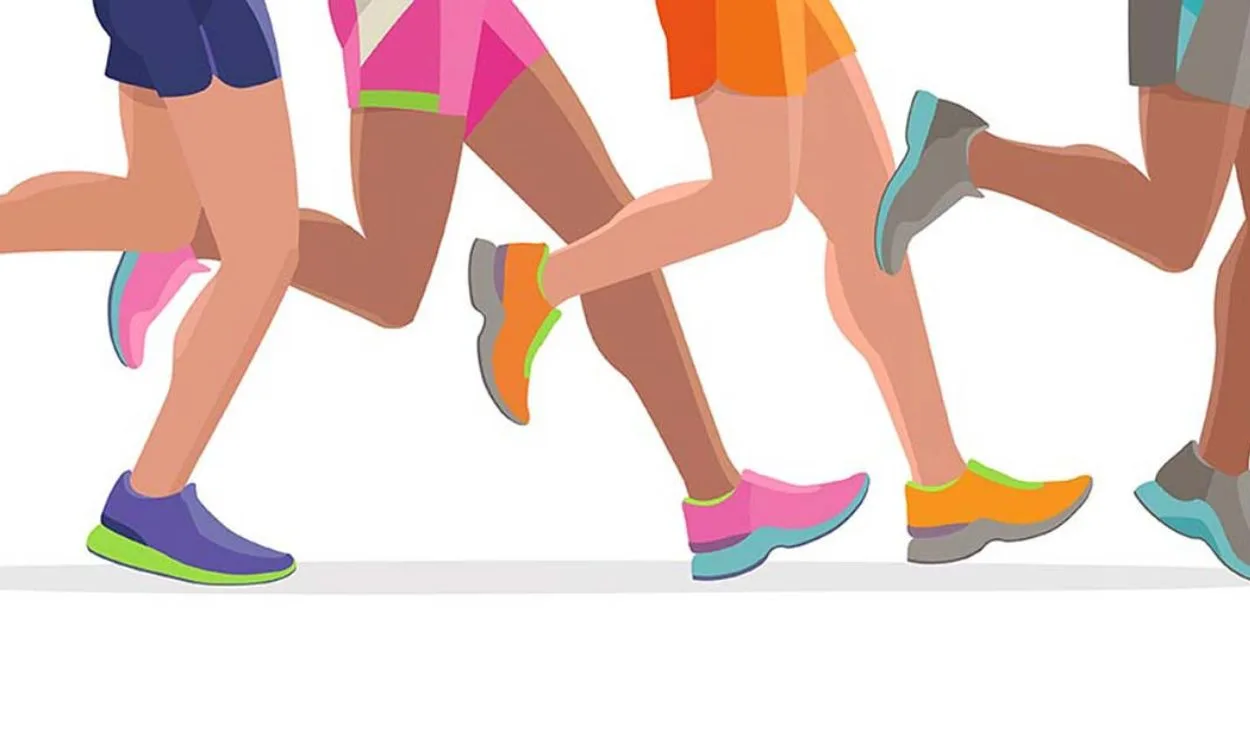The Role of Neuromuscular Training in Preventing Injuries for Athletes
As athletes strive to push their physical limits and achieve peak performance, the risk of injuries looms large. One approach that has gained significant attention in injury prevention and performance enhancement is neuromuscular training. This training method focuses on improving the communication between the nervous system and the muscles, ultimately enhancing strength, coordination, and agility to reduce the likelihood of injuries. Let’s delve into the pivotal role of neuromuscular training in safeguarding athletes from injuries and optimizing their performance.
Understanding Neuromuscular Training
Neuromuscular training involves exercises and techniques designed to enhance the interaction between the brain, nerves, and muscles. It aims to improve stability, balance, flexibility, and overall movement patterns. By targeting these factors, athletes can develop greater control over their movements and reduce the risk of injuries caused by imbalances or inefficient biomechanics.
Components of Neuromuscular Training
1. Strength Training: This component focuses on building muscle strength, which is crucial for stabilizing joints and preventing injuries during high-impact activities.
2. Balance and Proprioception Exercises: By challenging balance and spatial awareness, athletes can improve their ability to react to unexpected movements or uneven surfaces, reducing the risk of falls and twists.
3. Plyometric Training: This involves explosive movements to enhance muscle power, agility, and coordination, which are essential for injury prevention and athletic performance.
4. Flexibility and Mobility Work: Maintaining optimal flexibility and joint mobility is vital for preventing muscle strains, tears, and other soft tissue injuries.
The Impact of Neuromuscular Training on Injury Prevention
Reducing Non-Contact Injuries
Neuromuscular training has been shown to significantly decrease the incidence of non-contact injuries, such as ACL tears, ankle sprains, and muscle strains. By improving neuromuscular control and dynamic stability, athletes can better withstand sudden changes in direction and speed without succumbing to injuries.
Enhancing Movement Efficiency
Through neuromuscular training, athletes can refine their movement patterns, ensuring that muscles are activated in a coordinated manner. This leads to more efficient and biomechanically sound movements, reducing the strain on individual muscles and joints and lowering the risk of overuse injuries.
Improving Reaction Time and Coordination
Neuromuscular training enhances the body’s ability to react swiftly and effectively to external stimuli, such as an opponent’s movements or unexpected obstacles. This heightened responsiveness can be instrumental in avoiding injuries during competitive sports and high-intensity activities.
Mitigating the Risk of Recurrent Injuries
Athletes who have suffered previous injuries are particularly susceptible to re-injury. Neuromuscular training aids in addressing underlying movement deficiencies and imbalances, fortifying the body against the recurrence of injuries.
The Fitpaa Approach to Neuromuscular Training
In the Indian context, Fitpaa recognizes the significance of neuromuscular training in elevating athletic performance and preventing injuries. Through our AI-driven metabolism monitoring and management technology, Fitpaa integrates personalized neuromuscular training modules into the fitness plans of athletes. By leveraging the latest research in Lifestyle Medicine and Behavioral Therapy, Fitpaa strengthens all 11 organ systems, including the nervous and muscular systems, to optimize athletic performance and mitigate injury risks.
Tailored Neuromuscular Training
Fitpaa’s expert team of fitness coaches, nutritionists, and doctors curate personalized Fitpaa Capsules that encompass neuromuscular training exercises tailored to the specific needs and goals of each athlete. These capsules seamlessly integrate strength, balance, coordination, and agility exercises to enhance neuromuscular control and reduce the likelihood of sports-related injuries.
Real-Time Guidance and Support
The Fitpaa app provides real-time guidance and monitoring, incorporating cognitive behavioral therapy principles to inspire athletes to adhere to their neuromuscular training regimens consistently. Through virtual workout trainers, performance tracking, and personalized support from fitness planners, athletes receive comprehensive assistance in optimizing their neuromuscular capabilities.
Commitment to Guaranteed Results
Fitpaa’s commitment to achieving guaranteed results aligns with the essence of neuromuscular training, which aims to fortify athletes against injuries and propel them toward peak performance. With a focus on personalized, goal-oriented services, Fitpaa ensures that athletes can pursue their ambitions with the assurance of attaining their fitness and performance objectives.
In conclusion, neuromuscular training stands as a cornerstone in the arsenal of strategies for injury prevention and athletic excellence. By honing neuromuscular control, athletes can not only safeguard themselves against injuries but also unlock their full potential on the field or court. With the integration of personalized neuromuscular training within comprehensive fitness plans, as exemplified by Fitpaa, athletes in India can elevate their performance, transcend injury barriers, and embark on a journey toward enduring athletic success.
To experience the transformative impact of personalized neuromuscular training and holistic fitness planning, download the Fitpaa app today. With a steadfast commitment to your well-being and performance, Fitpaa is poised to empower you to realize your athletic aspirations with guaranteed results.









